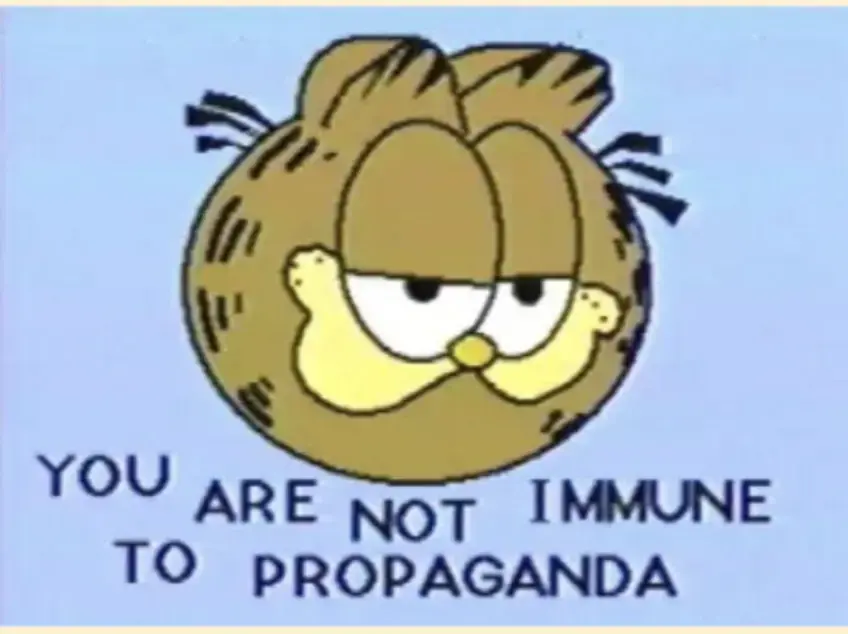Many voters are willing to accept misinformation from political leaders – even when they know it’s factually inaccurate. According to our research, voters often recognize when their parties’ claims are not based on objective evidence. Yet they still respond positively, if they believe these inaccurate statements evoke a deeper, more important “truth.”



That’s bullshit. Not everyone is like this. I’m sure there are many who share my political beliefs, who fall for this shit. Maybe I do too. But for you to say that everyone does this is bullshit. This sort of thinking only serves to normalize idiocy.
You’re a human with human flaws just like the rest of us.
I never denied it. But not everyone has the same flaws. I might even have this exact flaw, but not everyone has it.
Not everyone has the same flaws to the same extent. It’s probably more of a spectrum than a yes or no thing. I’d say it’s a safe bet to say we all suffer from this - some more than others.
This sort of thinking only serves to allow people to delude themselves into thinking that they are not victim to the same things as everyone else.
No one is immune to these cognitive biases. There are aspects of it effectively hardcoded into the human brain structure.
Studies have shown that being aware you’re watching an advertisement does not negatively impact its effect on the viewer.
Put short: